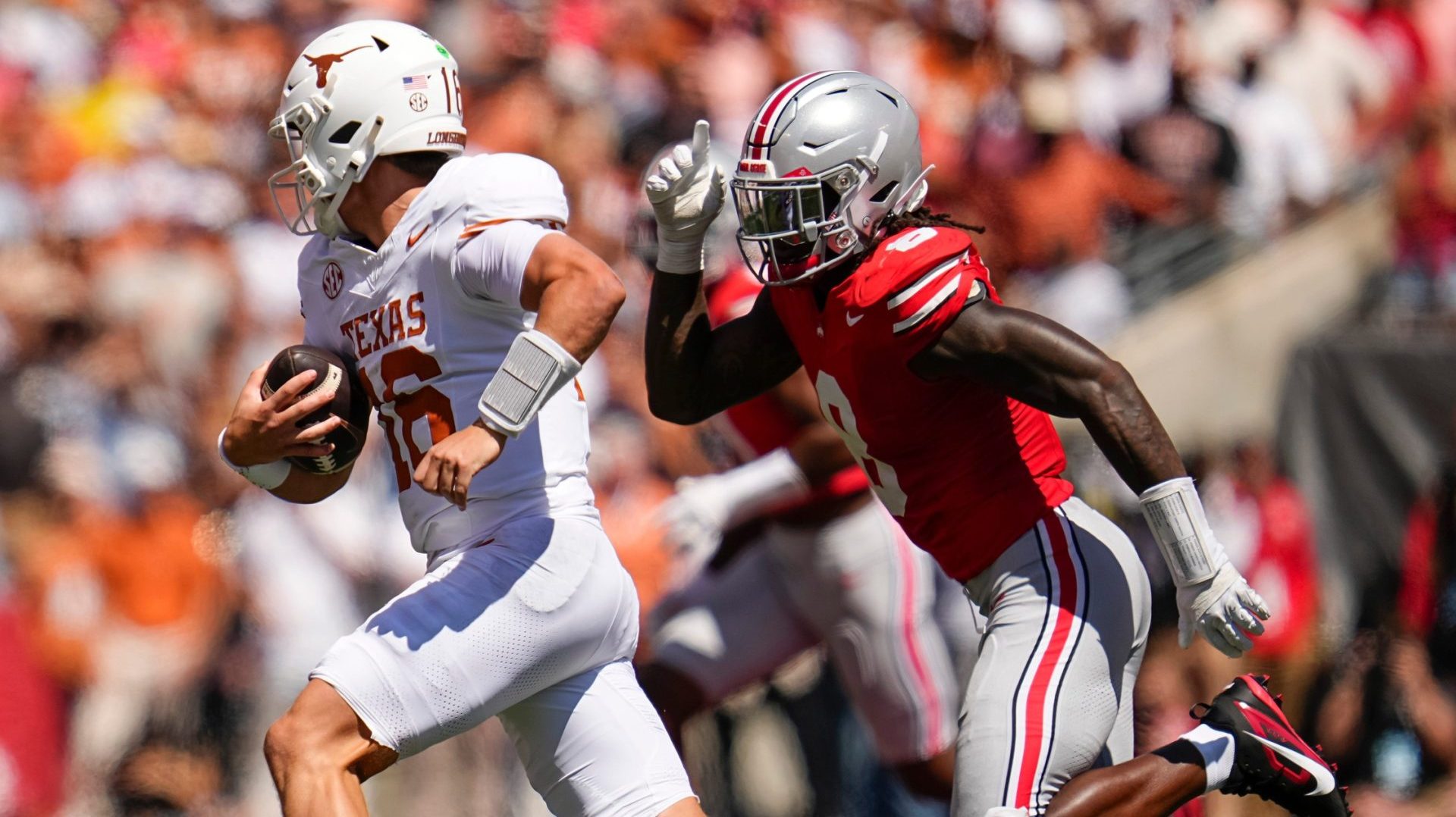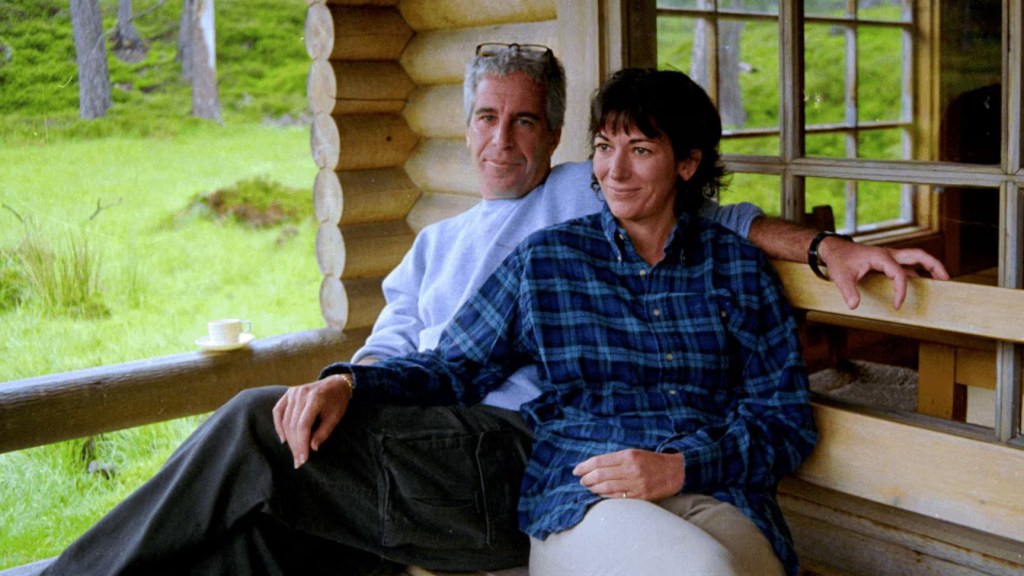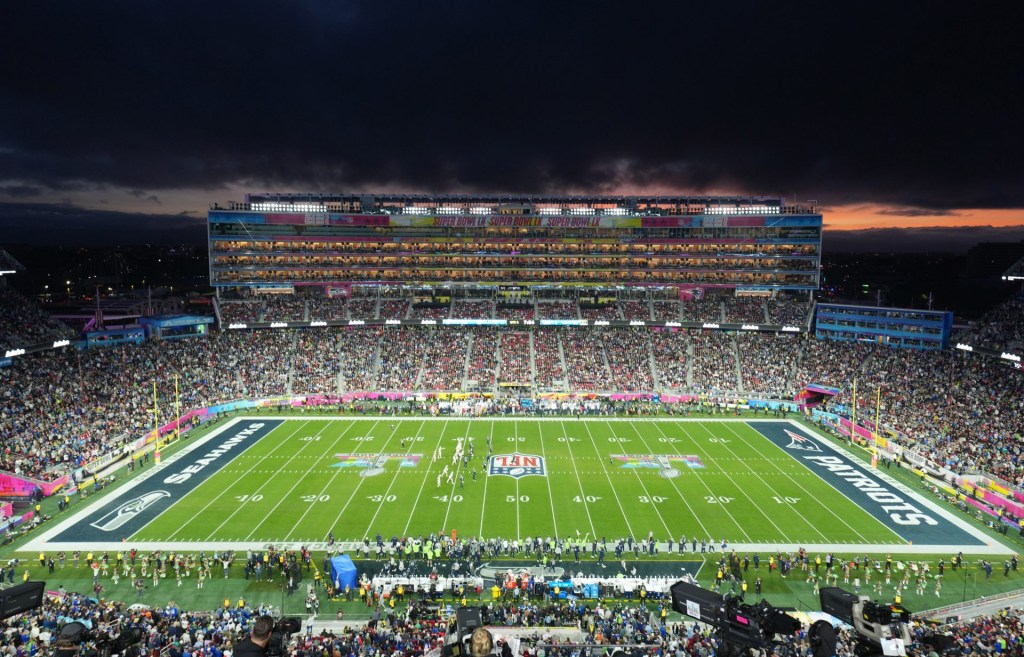Editors’ Note: The day after this story was published, the College Sports Commission announced the numbers it initially provided were inaccurate; the CSC adjusted down the total value of deals cleared from $80 million to $35 million. Read FOS’s new story with accurate numbers here.
NIL GO, the new clearinghouse set up in the wake of the House v. NCAA settlement, approved 8,359 name, image, and likeness deals this summer while rejecting just 332.
The College Sports Commission, the organization created to enforce college sports’ new rules, released the data—covering the period between June 11 and Aug. 31—on Thursday.
The total value of those 8,000+ deals that have been approved was about $79.8 million, the organization said. Each deal ranged from $600—the minimum requirement to report—to $1.6 million.
It’s the first time the commission has released any meaningful data since it launched this summer. Under the terms of the House settlement, Division I athletes have to submit deals to the clearinghouse to be scrutinized for whether they’re fair-market value or disguised “pay-for-play.”
The system officially launched June 11, five days after the settlement was approved.
In the first weeks of the commission, agents, coaches, and NIL collectives said that their athletes had lost out on opportunities—and therefore NIL income—because of delays from NIL Go in approving deals. (Last week, the College Sports Commission blamed additional delays on rules that lawyers were still finalizing.)
Many of those delays surrounded rules related to NIL collective deals. At the beginning of July, the commission released guidance suggesting that no collective deals would be approved, except for deals where collectives facilitated an agreement between a brand and an athlete. That meant that a collective couldn’t pay a player directly to execute an autograph signing, or show up to an event, or create content. Three weeks later, the commission reversed course. Now, NIL collectives can execute their own deals—as long as they’re tied to a “valid business purpose” and offer “fair-market value.”
The commission did not say how many deals have been submitted but not approved or denied. But The Collective Association, a group representing D-I collectives nationwide, said that 25 Division I NIL collectives reported 384 deals, and that 25 have been approved and 120 have been rejected. They also said 192 of their deals had not received a response. The total value of these “stalled” deals was $11 million, The Collective Association said.
“While collectives are working diligently to comply, the feedback was unanimous: the current system lacks the speed, transparency, and support needed to serve athletes effectively,” The Collective Association said in a statement Thursday. The group cited confusion over how “fair-market value” is defined, athletes being compensated for “time-sensitive opportunities,” and “fear of delay or rejection with no clear avenue for questions before submission.” (NIL Go does have a third-party appeals arbitration process, though no one has opted to use it yet.)
Each deal is being approved or denied manually by four commission employees, including CEO Bryan Seeley and general counsel John Bramlette.





![[Subscription Customers Only] Jul 13, 2025; East Rutherford, New Jersey, USA; Chelsea FC midfielder Cole Palmer (10) celebrates winning the final of the 2025 FIFA Club World Cup at MetLife Stadium](https://frontofficesports.com/wp-content/uploads/2026/02/USATSI_26636703-scaled-e1770932227605.jpg?quality=100&w=1024)











